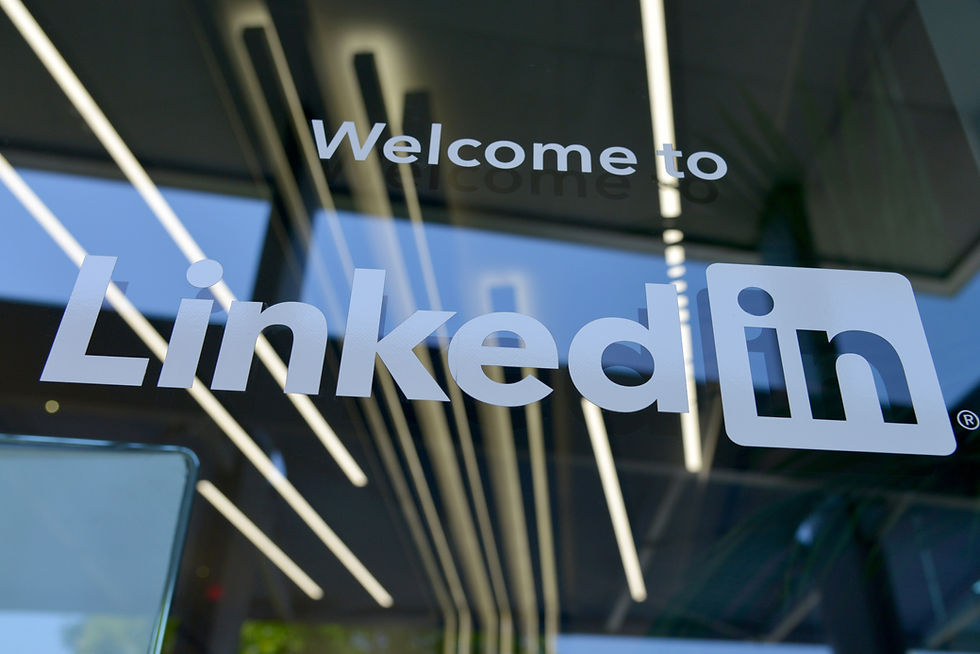How to up your Financial Literacy Effortlessly
- Trinity Fellows
- Jul 23, 2023
- 3 min read
Interacting with podcasts and books about money can increase financial literacy with little effort. Anyone can improve their financial knowledge anytime and anywhere by putting in headphones and opening a book.
Becoming more knowledgeable about finance can open gateways to different methods of income, careers and perspectives Many books and podcasts revolve around money. Keep reading to find out which ones are worth your time.
Books:
If you’re going to crack open a book, you might as well make sure it will help you provide you with potential for informational and financial gain. Here are some of our top picks:
1. “Financial Literacy Boot Camp for Teens and Young Adults: Six Steps to Living a Life of Financial Freedom” by Michael D. Thomas
This 64-page book is a quick read, detailing a range of financial strategies and information. Thomas wants young adults to have a healthy relationship with money, focusing on how to make your income and your passions connect, as well as budgeting and eliminating debt. Reading this book can give you the tools to live a financially secure life. With tools like a good credit score and a financial success plan, Thomas shows you how you can give back to your community while paving the way forward for your own financial goals. The book is packed with practical advice about money that you can use as soon as you read it.
2. "Rich Dad Poor Dad: What the Rich Teach Their Kids About Money That the Poor and Middle Class Do Not!" by Robert T. Kiyosaki
This widely popular book expands on Kiyosaki’s takeaways from two men in his life: his biological father and the father of his best friend and how they shaped his perspective on investing. Kiyosaki explains why you don’t need a high income to have a lot of money and how to have your money work for you. Reading this book can open your mind to the importance of financial education and how important it is to “pay yourself first” through saving and investing, according to readers
3. The Psychology of Money: Timeless Lessons on Wealth, Greed and Happiness” by Morgan House
Housel’s book spins money and finances in a way that isn’t science or numbers-based, turning it into a game of life lessons. The book explores common perceptions about money through 19 short stories. Based on principles foundational to life, not just finance, “The Psychology of Money,” can help you understand the why behind the financial decisions you make and your thought processes, and offers insight into creating an accurate, and helpful financial outlook.
Podcasts:
Podcasts are a form of learning that you can do while driving, cleaning your apartment and getting ready for the day. It’s a way to educate yourself effortlessly. Here’s what we recommend:
1. “Rich Dad Radio Show”-Robert Kiyosaki
Hosted by the author of “Rich Dad Poor Dad,” the show provides insight on how to live a financially wise life from the perspective of financial experts. Kiyosaki analyzes different angles on finance such as real estate, small businesses and financial crashes. Hearing from a variety of perspectives about money can help you make more informed financial decisions.
2. “WSJ Your Money Briefing”-The Wall Street Journal
From The Wall Street Journal’s financial reporters and experts, Your Money Briefing provides you with news and insight on money and how it works in the world today. They delve into topics such as AI, student loans and traveling. Each episode lasts around 8 minutes. Understanding current events involving finance can enable you not only to be more informed, but better equipped to make financial decisions for the future.
3. “NerdWallet’s Smart Money Podcast” - NerdWallet
This podcast is all about personal finance and how you can use your money to your advantage. NerdWallet talks about buying groceries, banking, inflation and more. Listening to this podcast introduces you to a variety of topics important to maintaining a financially secure life. It is important for young adults to learn from diverse perspectives when it comes to finance.
Books and podcasts can serve as an avenue to accelerate financial literacy, effortlessly.
Sources:
.png)



Comments